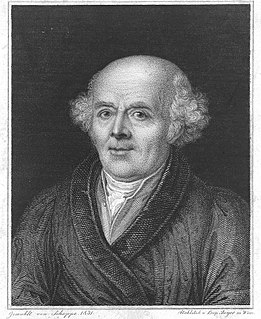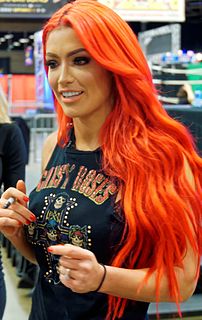A Quote by Francis Collins
My own area of expertise is the genetics of human disease. I was fortunate to be part of the team that found the genes for cystic fibrosis, and Huntington's disease and neurofibromatosis.
Related Quotes
There's already a lot of active research going on using the Crispr technology to fix diseases like Duchenne muscular dystrophy or cystic fibrosis or Huntington's disease. They're all diseases that have known genetic causes, and we now have the technology that can repair those mutations to provide, we hope, patients with a normal life.
When one teenager dying of cystic fibrosis asked me, 'Why am I different?' I answered, 'Tony, because it makes you beautiful.' He loved my answer because he knew full well how much he had done for the world and that he would be immortal through his love and the fund raising of those who knew him hoping to find a cure for cystic fibrosis.
Every effective drug provokes in the human body a sort of disease of its own, and the stronger the drug, the more characteristic, and the more marked and more violent the disease. We should imitate nature, which sometimes cures a chronic affliction with another supervening disease, and prescribe for the illness we wish to cure, especially if chronic, a drug with power to provoke another, artificial disease, as similar as possible, and the former disease will be cured: fight like with like.
People still think of AIDS as a shame-based disease, it's a sexually transmitted disease, and you're either gay or you're a prostitute or an intravenous drug user. And so a lot of people are still very bigoted about this disease. It's such a treatable disease. It's so - the end is in sight for this disease, medically.
Alcoholism is a disease. People will debate whether it is a disease of the mind, of genetics, or of circumstances. I don't have the answer to that debate, and frankly I don't care because when you try to pinpoint 'why,' it can often lead to blaming another person, an incident in your past, or circumstances.
It was tough getting fired by the NBA. I really didn't know where I was going, until [ESPN] called me. I said, "Hey, 'ESPN?' Never heard of it. It sounds like a disease." Now I have that same disease as a sports fanatic. All this sports madness we didn't have years ago, now I'm very blessed and fortunate to be part of it.




































